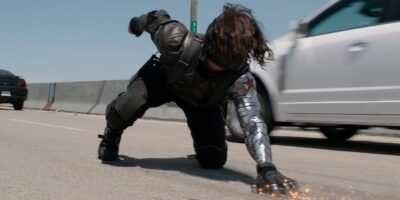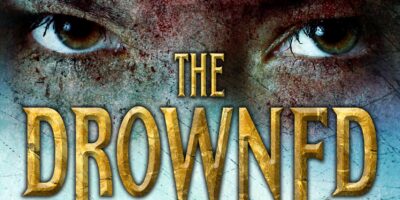-
Filter blog posts
Honor Roll titles
March 27, 2016
(Not) Engaging with Disability: Convenient Approaches in SFF
March 25, 2016
Worldbuilding About, Through, and With Autism
March 24, 2016
Review: On the Edge of Gone by Corinne Duyvis
March 23, 2016
Discussion: Magical Disabilities
March 22, 2016
Review: The Drowned Cities by Paolo Bacigalupi
March 19, 2016
Interview with Heidi Heilig about The Girl from Everywhere
March 19, 2016
Overcompensating: Magical Erasure of Blindness in SFF
March 17, 2016
Discussion: Fictional Disabilities
March 15, 2016
Review: The Prisoner of Cell 25 by Richard Paul Evans
March 15, 2016
Disability Metaphors in Sci-Fi and Fantasy
November 6, 2015
Redefining Heroism
August 1, 2014
The Mystical Disability Trope
July 7, 2014
Interview with Shaunta Grimes about Viral Nation
July 2, 2014
Interview with Shannon Hale about Dangerous
May 2, 2014
Review: Dangerous by Shannon Hale
February 7, 2014
Review: Viral Nation by Shaunta Grimes
July 21, 2013
Review: Gathering Blue by Lois Lowry
July 15, 2013























